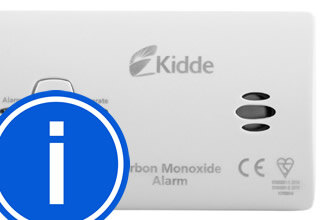- Jul 18, 2017
- 16,925
- 5,505
- 50,935
Not really anything to do with caravans, but thought I would ask the question. We live in a rural area and on occasions have cuts to our electric supply which normally happens in the winter. Sometimes they are less than 30 minutes, but on one or two occasions it has been 3 or more 4 hours. In the summer it is not an issue, but in the winter the temperature in the home can drop quite a bit in 3 - 4 hours despite good insulation, but not to the stage where it is freezing. Our home heating is air source using electric.
We do have a gas heater and we are aware of the dangers of using it in a confined space. If we have to use it, the gas heater is in the lounge area, all inside doors are open and the top windows in the bathroom and bedroom are open. We tend to switch on the heater for about 15 - 20 minutes at a time to take the chill off the air.
Obviously it would be better if we could run the gas heater continuously on low rather than the "on off mode" currently being used by us, but the danger is a concern. We would never have it running when we go to bed. Can any one offer any better solutions to our dilemma in the event we have a long power cut on a very cold day?
We do have a gas heater and we are aware of the dangers of using it in a confined space. If we have to use it, the gas heater is in the lounge area, all inside doors are open and the top windows in the bathroom and bedroom are open. We tend to switch on the heater for about 15 - 20 minutes at a time to take the chill off the air.
Obviously it would be better if we could run the gas heater continuously on low rather than the "on off mode" currently being used by us, but the danger is a concern. We would never have it running when we go to bed. Can any one offer any better solutions to our dilemma in the event we have a long power cut on a very cold day?


